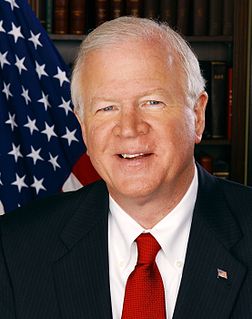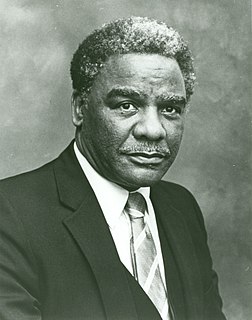A Quote by Robert Byrd
And the president is all wrong when he maintains that a nominee should have an up-or-down vote. The Constitution doesn't say that. The Constitution doesn't say that that nominee shall have any vote at all. There doesn't have to even be a vote.
Related Quotes
I understand the politics of the situation, I think that many Republican members of the senate believe that,get out the vote move. They can indicate that they're strong for their base. But the Constitution's pretty clear. The president Donald Trump has to nominate someone. The senate can choose to disapprove. There's nothing in their Constitution that says the grounds upon which they must vote. But to refuse even to meet with the individual, or to have the process go forward, that's just pure politics.
That Republicans now control the Senate means, of course, that they control the confirmation process. Their majority enables them to stop an unacceptable nomination at various points: They can deny the nominee a committee hearing; they can vote the person down in committee; they can refuse to schedule a vote on a nomination sent to the floor; and the full Senate can vote to reject the nomination. The Republicans' majority status also strengthens their negotiating position with the White House, making it more likely that a mutually acceptable candidate will be chosen for a given seat.

































